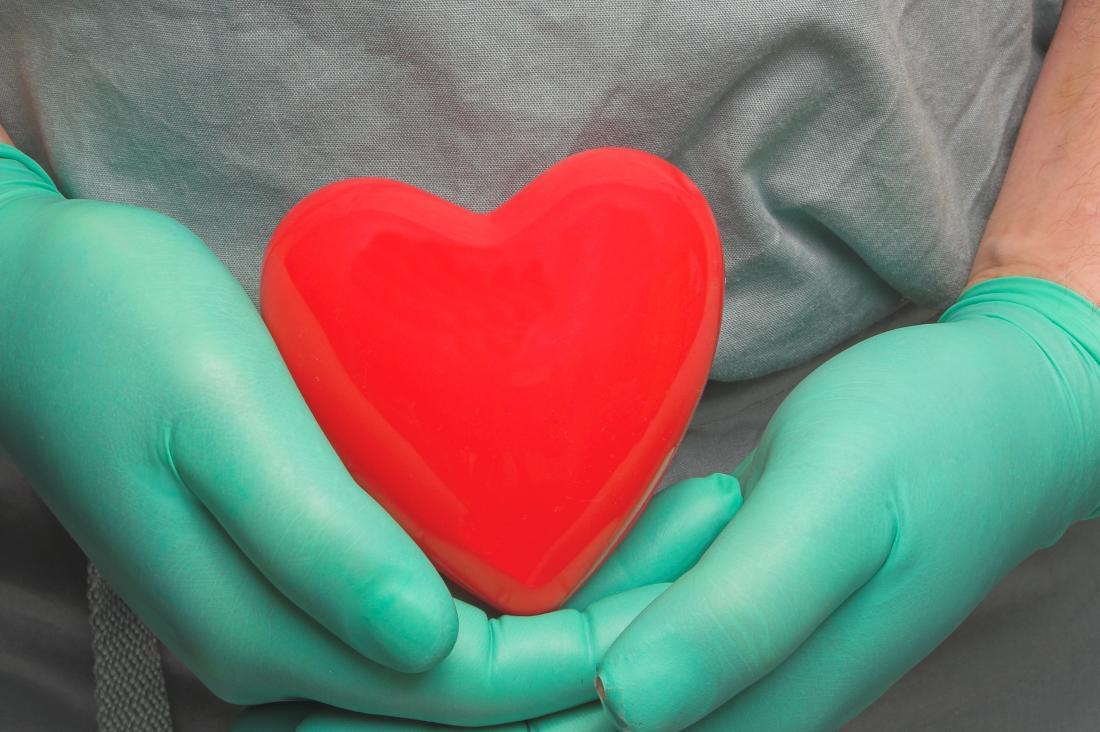Heart surgeries are usually performed to correct different types of heart diseases. Although heart diseases and problems don’t always require surgery and can be addressed with appropriate medications and lifestyle changes, while certain heart diseases and conditions may require surgical intervention.
Heart surgeries not only address issues in the arteries and heart valves but also help restore blood. Further listed are some useful details about the different types of heart surgery and the various treatment options associated with it.
Types of Heart Surgery
Here’s a list of some of the most common types of heart surgeries, as listed by NHLBI (National Heart, Lung & Blood Institute).
- CABG or Coronary Artery Bypass Grafting – CABG is also referred to as coronary artery bypass surgery or heart bypass surgery. In this type of heart surgery, the surgeon takes a healthy artery or vein from another part of your body and connects it to supply the blood across the blocked coronary artery. This grafted vein or artery bypasses the blocked parts of the coronary artery, thereby creating a new path for blood circulation to the heart muscles. Usually, this procedure is performed for more than one coronary artery during the same CABG surgery.
- Heart Valve Replacement or Repair – In this heart surgery, the surgeon either repairs the heart valve or replaces it with an artificial heart valve or a biological valve that is made from human heart tissues. However, during the heart valve repair, a catheter is inserted through a large blood vessel and is guided to the heart. There is also a small balloon at the tip of the catheter that is meant to widen a narrow valve.
- Maze Surgery – In this heart surgery, the surgeon builds a pattern of scar tissues inside the upper chambers of the heart in order to redirect the electrical signals to the lower chambers of the heart along a controlled path. This surgery also blocks all stray electrical signals that generally cause the most common type of severe Arrhythmia (atrial fibrillation).
- ICD or Implantable Cardioverter Defibrillator – Even though medicines are usually the main treatment option for Arrhythmia (a medical condition in which the heart beats too slow or too fast, or with an irregular rhythm), most surgeons recommend ICD surgery to patients who have Arrhythmia. If medications don’t work, then surgeons perform ICD heart surgery in which they implant a pacemaker under the skin of the chest or the abdomen. The wires of the pacemaker are connected to the heart chambers. This device makes the use of electrical pulses to control the rhythm of the heartbeat and restores the normal rhythm by sending an electric shock.
- Heart Transplant Surgery – In a heart transplant surgery, a diseased or weak heart is replaced with a healthy heart from a deceased donor. This type of heart surgery is quite complicated, and it usually requires lifelong healthcare and maintenance and proper medications.
- Aneurysm Repair – It is a type of heart surgery in which a weaker section of the heart wall or the artery is replaced with a graft or patch. This surgery is usually performed to repair a rounded bulge in the wall of the heart muscle or the artery.
In addition to these heart surgeries, a minimally enveloping substitute to open-heart surgery is also becoming very common, and it is the transcatheter structural heart surgery.
Treatment Options to Choose From
Your cardiac team will determine the best treatment for you according to your underlying heart problems, the severity of your blockages, and your future heart risks.
- Pharmaceutical Therapy – Different medications such as nitrates and beta-blockers are used for slowing down the progress of your heart disease along with easing its symptoms.
- Bypass Surgery – Also called CABG, it is an often-recommended option for treating artery blockages. This process usually includes two different types of surgeries – arrested heart surgery and beating heart surgery.
- Minimally Invasive Treatments – These treatments are an alternative to heart bypass surgery or CABG. They may include stenting, coronary balloon angioplasty, and MICS CABG.
Road to Recovery
Once a patient undergoes heart surgery, he/she is kept in the intensive care unit under continuous monitoring. The recovery time usually depends on the type of heart surgery and your overall health before and after the surgery. You need to know that it may take up to 6 to 12 weeks for an individual to fully recover from a traditional coronary artery bypass surgery. So, you can consult your cardiac team, follow the right medication routine, and bring necessary changes to your lifestyle to recover healthfully.
